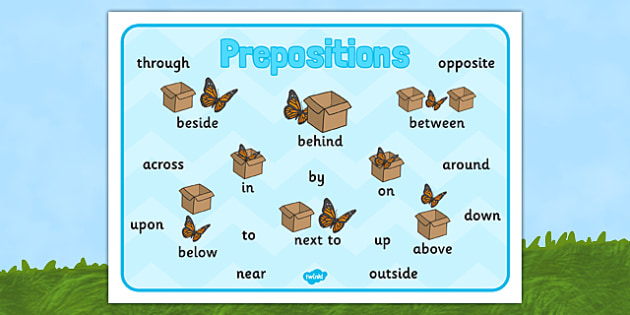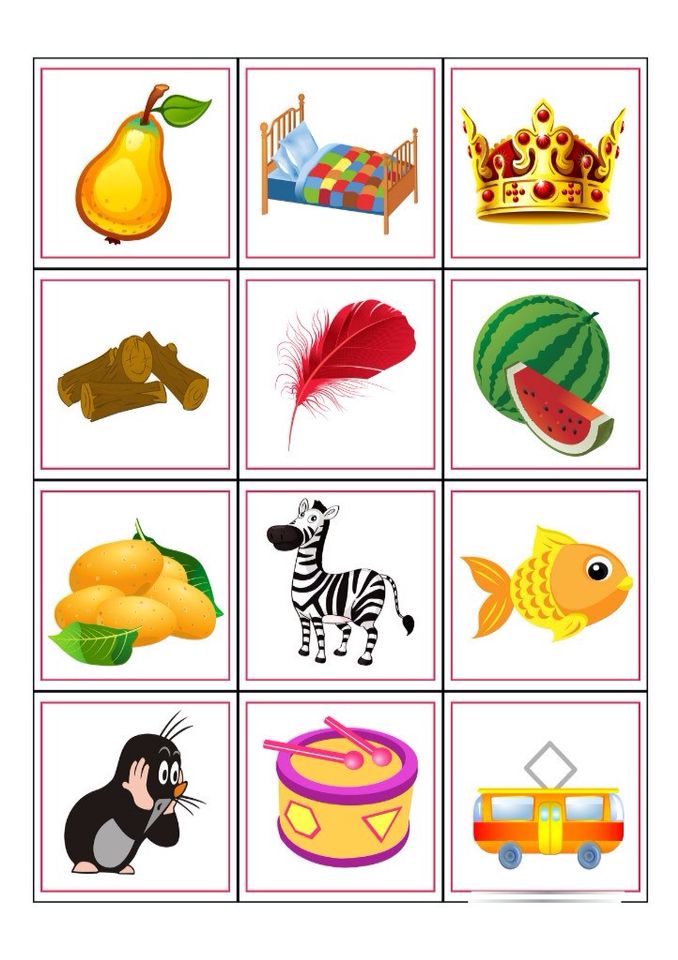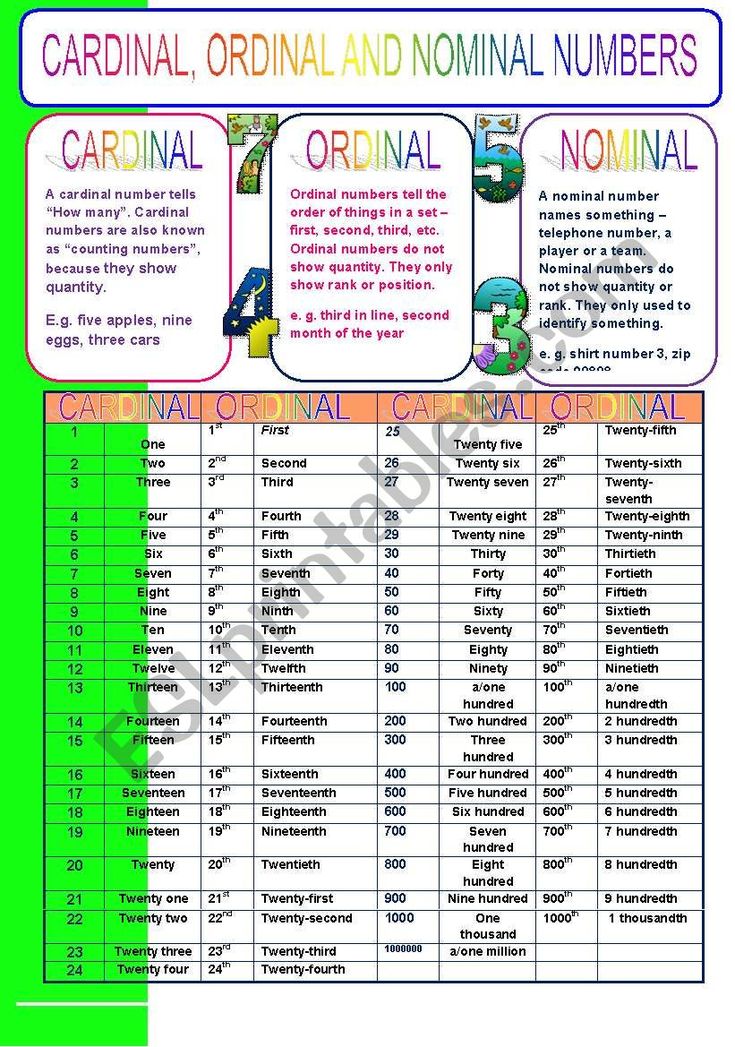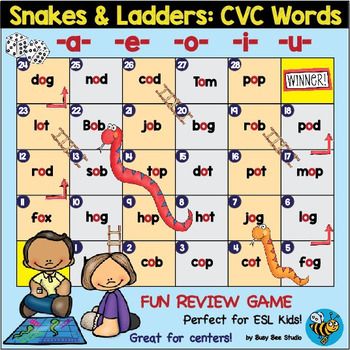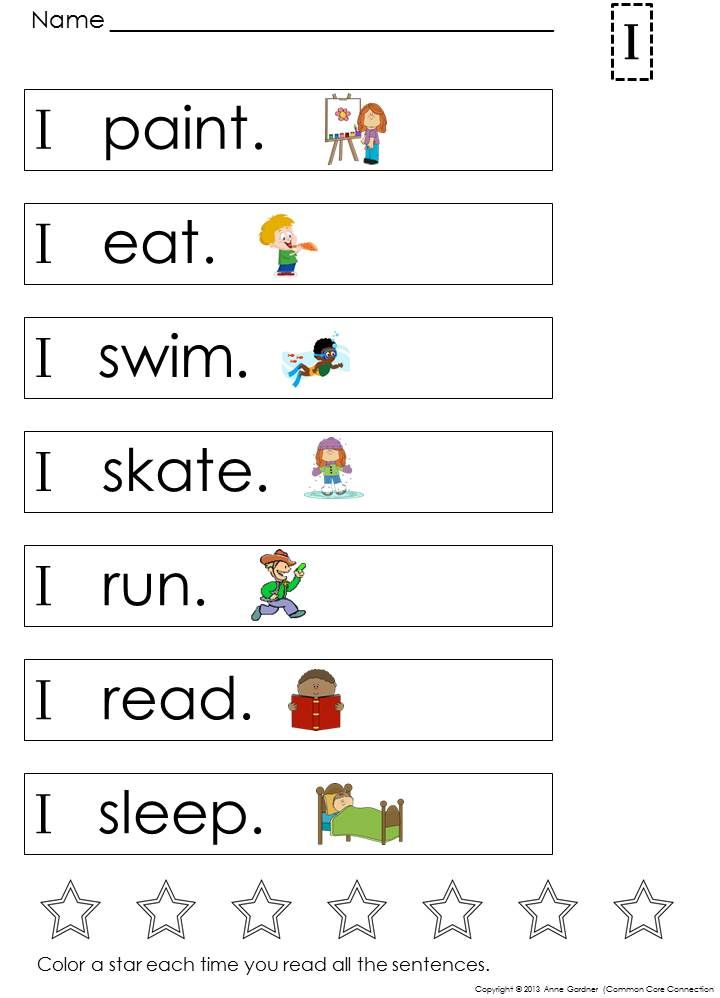How to learn sight words at home
Easy Peasy Ways to Practice Sight Words at Home
Share
162 shares
You guys, I’m not going to lie… this working, teaching, and generally “staying at home” thing is killing me. I love teaching. It is in my blood (literally, my grandfather was a teacher and so are quite a few of my cousins!) But, homeschooling my son these past few weeks have been hard. We’ve got a great routine set up, but sometimes there’s only so many fun and engaging activities one person can come up with. That’s why when it comes to practice sight words at home… I am all about low commitment. It’s gotta be easy or it isn’t going to happen, am-I-right? So, today I’m sharing 5 different ways we’re practicing sight words at home in very easy-peasy ways.
These suggestions are for activities that can be done at home, but many can be used in the classroom. Looking for more sight word ideas? Check out this post for more classroom ideas!
Set Up for Success
Before you can dive into practicing sight words at home, you need to make sure you have a list of required sight words for your student. Many school districts post this information on their web pages. You can also contact your child’s teacher. If you’re still not sure, there are lists available from Fry and Dolch (these are the most common)
Now that you have your list, it’s time to make some flashcards. These babies are very simple to make. Index cards and a marker are all you need. You could even get a little fancier by changing the color of the marker for each list (if your list is sectioned). Then, place the lists in quart size zip baggies and place all those into a gallon-sized baggie.
But, let’s be honest… the word of the game: keep it simple.
Looking for more resources to use while distance learning? Check out this section of my Amazon Store!
Activities to Practice Sight Words with Flash Cards
Sight Word Memory
This is a personal favorite of my son. So simple… select 5-10 sight word cards. Create a double of each word. Then, mix up the cards and lay them down in neat rows and columns.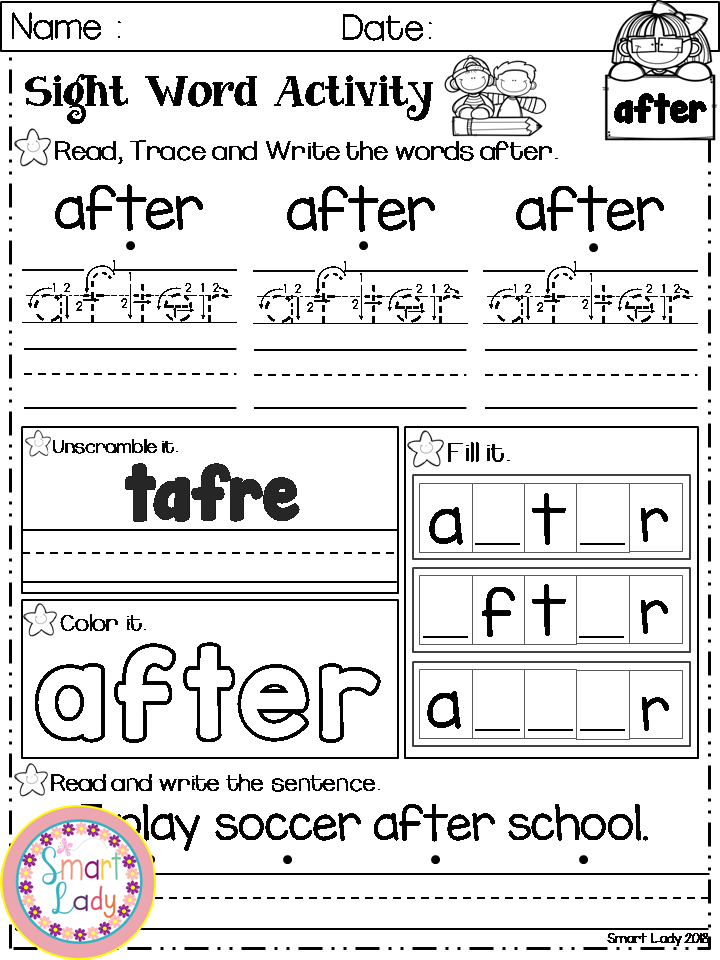 From there, taking turns, select two cards to turn over. Have your student read each word pair. If they match, they get to keep the pair. If they don’t, turn the cards back face down. Play until all cards are matched. My son loves to read all his matches at the end.
From there, taking turns, select two cards to turn over. Have your student read each word pair. If they match, they get to keep the pair. If they don’t, turn the cards back face down. Play until all cards are matched. My son loves to read all his matches at the end.
“I Spy” Sight Words
This is a fun play on the classic “I Spy” game. To complete, lay 10-15 cards down face up. Then, describe a word that’s on the card, using the words, “I spy…”. For example, for the word America, you might say, “I spy a word that begins with a capital letter A”. Play until the word is guessed. Have your child point to the word, then read the sight word and keep it if it’s correct. Play until all the cards are collected. Don’t forget to read through the cards at the end.
Sight Word Scavenger Hunt
This version of a scavenger hunt is perfect for when the littles need to get up and moving.
To play, tape up 15-20 sight words around your house. ( I like to limit it to 2-3 rooms) Then, have your child walk around and “find” the words.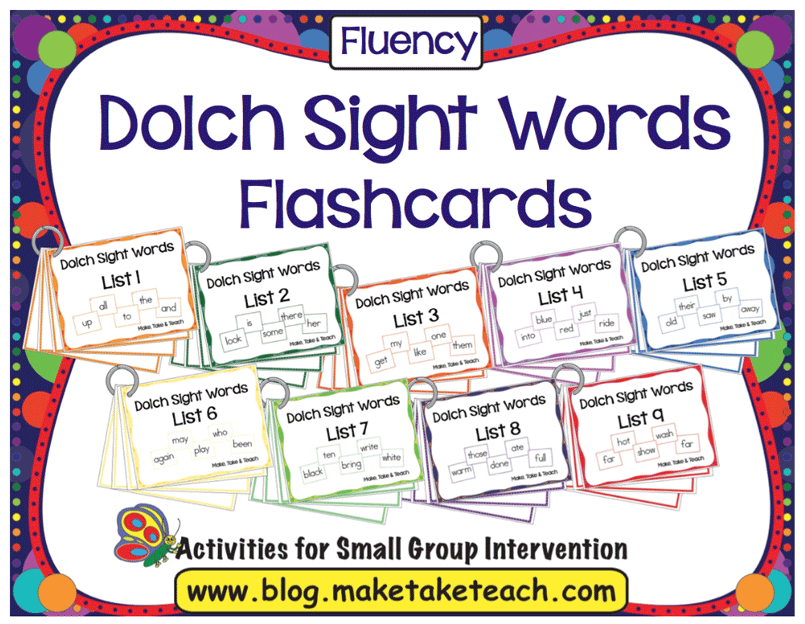 When they find them, have them say the word and collect the card. Play until all the cards are collected. Review the words at the end.
When they find them, have them say the word and collect the card. Play until all the cards are collected. Review the words at the end.
For an easy extension, have your child select 4 words and write them in a sentence on a sheet of paper or in a sight word journal.
I know sometimes pulling out the sight word flashcards can be a little much, that’s why I’m sharing a few activities you can play without actual cards.
Activities to Practice Sight Words without Flashcards
Sight Word Hunt
As students’ abilities in reading grow, they are excited to see words they “know” in text. After reading a book, have your student go on a “sight word” hunt for specific words. Once they find the word, students can read the sentence it belongs to. Alternatively, you can have students keep a tab of the words they’ve found by writing them on a sheet of paper or in a sight word journal.
Remember, this game is about finding the sight words, so it’s ok if they can’t read the book they are using on their own.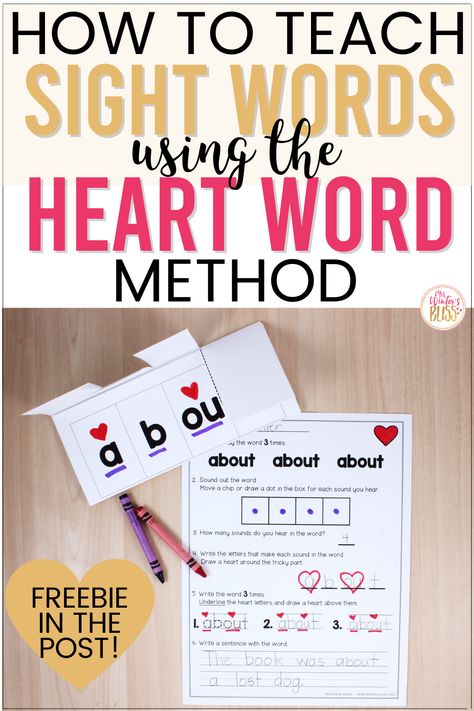 Be sure to encourage your reader as they move through. Also, keep length in mind… too long and your child will lose interest. One to two pages is probably enough or when they’ve found about 10-15 words.
Be sure to encourage your reader as they move through. Also, keep length in mind… too long and your child will lose interest. One to two pages is probably enough or when they’ve found about 10-15 words.
Read, Spell, Read, Spell, Read
This last one is a great way to not only practice sight words, but it’s also a way to help students how to spell sight words. Many sight words are not easy to “sound out”, leaving students struggling when it comes to using them in their writings. This simple strategy helps to combat that by including a letter by letter practice part.
To complete, students need a piece of paper and a pencil. Then, say the word for the student. Have them say it back, then spell the word out loud. As you spell it, the student will write it out. Then, have them read it again (swooping their finger below the word) and then spell it letter by letter again. Repeat this until it has been read and spelled three times. Continue to the next word.
This strategy is effective, but can easily be overused and tire out the learner.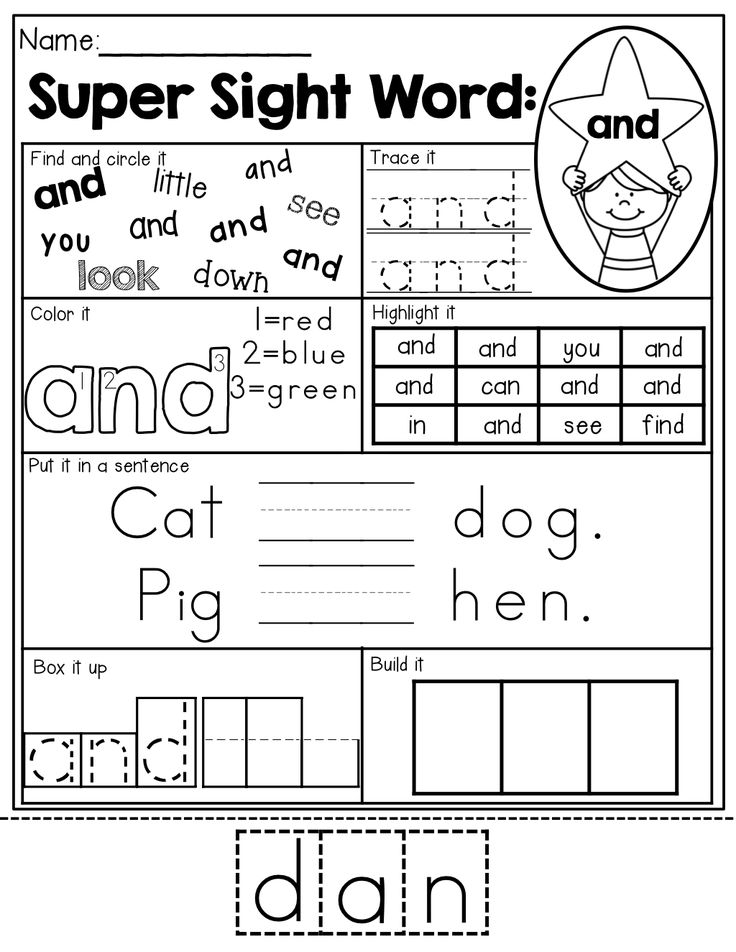 Keep this activity short with reading and saying only 3-4 sight words in a session.
Keep this activity short with reading and saying only 3-4 sight words in a session.
So those are just a few super low commitment ways you can continue the learning while staying safe at home. Sight word practice while at home is an important part of helping our learners stay on track. Do you have another activity you’d like to share? Be sure to comment below!
Other Helpful Blog Post
Looking for more helpful ideas? Check out these posts below!
- Building Sight Word Fluency the Easy-Peasy Way
- Beginning Chapter Books for 2nd Grade
- Prefix Word Study
Sign up to snag these!
Receive all these classroom management tools right to your inbox!
First Name
Email Address
We use this field to detect spam bots. If you fill this in, you will be marked as a spammer.
Powered by ConvertKitShare
162 shares
17 Ways to Practice Sight Words at Home (that don't involve flash cards)
Parenting
This post may contain affiliate links.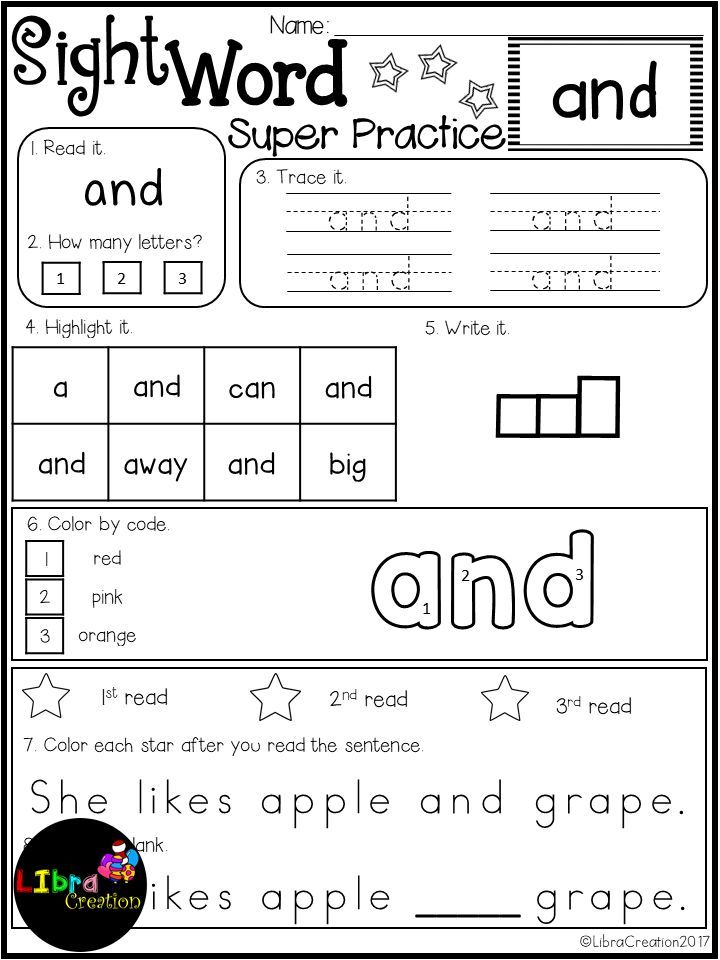 Purchasing through them helps support this website. This post may also contain items gifted for consideration.
Purchasing through them helps support this website. This post may also contain items gifted for consideration.
Do you want to know how to help your child practice their sight words without hours of flashcards? Here are 17 FUN ways to practice sight words (that will leave you with time to play)!
Last school year, a whole bunch of my friends kids started kindergarten. For the first time in my many years of teaching……my personal and my professional lives mirrored each other. I'd never had friends with elementary school age kids until then!
Three different friends at three different schools? All texted me the EXACT same question within the first couple days of school.
WHAT IS THIS SIGHT WORDS THING?!?!
There are two major parts of learning to read. Putting sounds together (phonics and phonemic awareness) and memorizing sight words. Sights words are commonly used words (like the or and) that appear very frequently in early reading materials. They also (for the most part) can't be sounded out.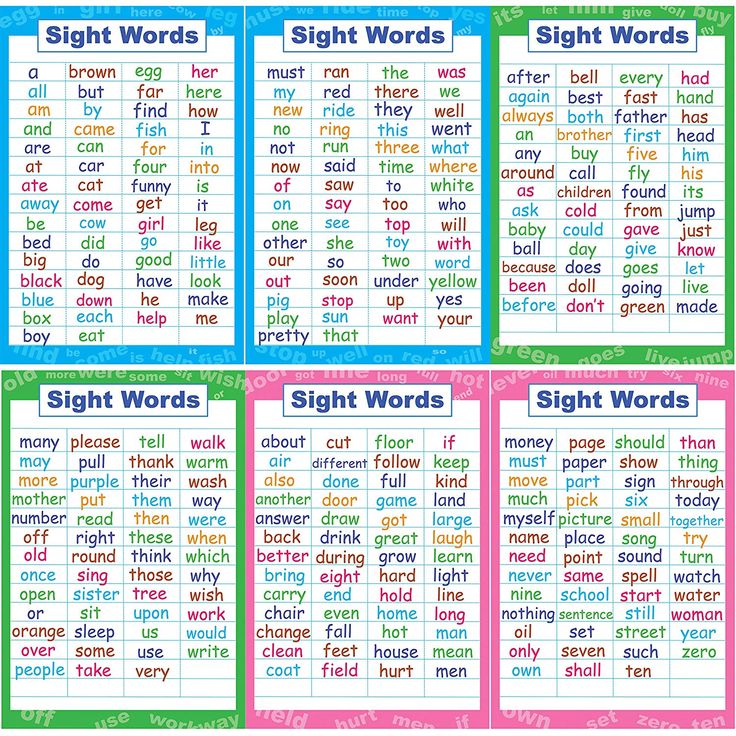 So, kindergarten and first grade teachers…..ask families to help kids memorize them. Sight words (sometimes referred to as rainbow words) are divided into smaller groups of 8-10 words at a time. Kids are often tested on the words each week, as they pass each “set” of words…..they'll be given a new list (this is a great list of words that are generally expected for each grade level, but I'd ask each teacher if they divide them into a certain order).
So, kindergarten and first grade teachers…..ask families to help kids memorize them. Sight words (sometimes referred to as rainbow words) are divided into smaller groups of 8-10 words at a time. Kids are often tested on the words each week, as they pass each “set” of words…..they'll be given a new list (this is a great list of words that are generally expected for each grade level, but I'd ask each teacher if they divide them into a certain order).
So, how in the world can YOU help your child learn these sight words? Today I'm sharing 17 ways to practice sight words at home that don't involve boring drill and kill flashcards.
- Word of the Day: tape one or two words written on an index card next to the front door, as EVERYONE in the family leaves or enters the house…..ask them to touch the word and yell it out.
- Jump to Read: write the words your child is practicing in chalk outside, spend five to ten minutes a day jumping from word to word and calling them out.
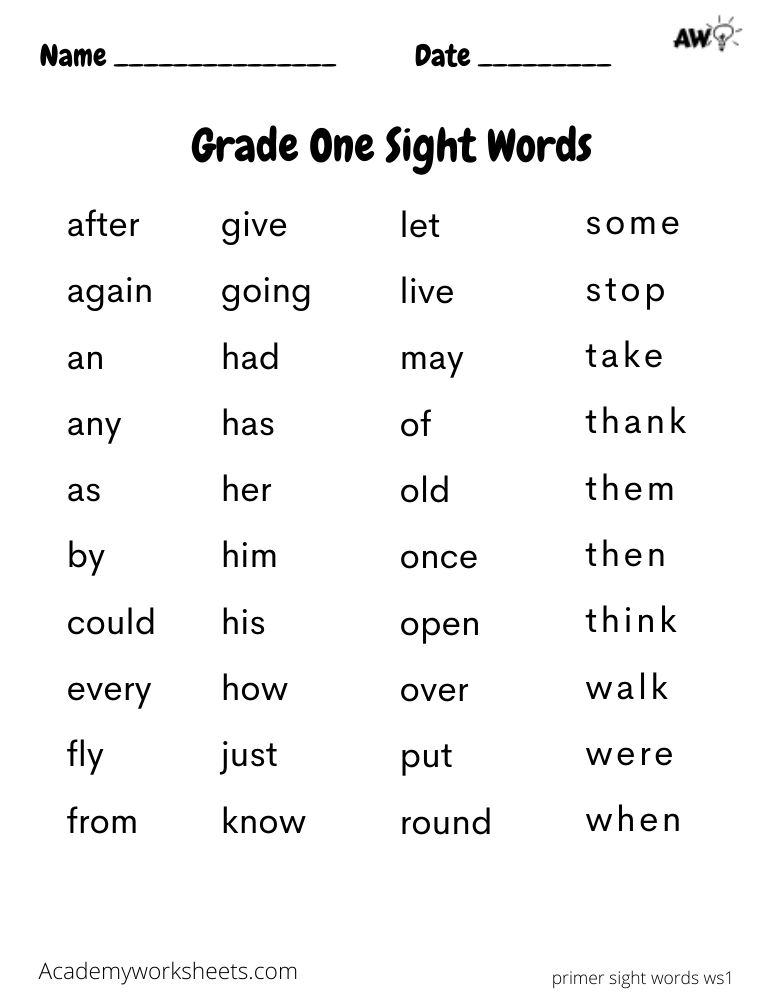
- Eat the Words: write this weeks' sight words in whipped cream or frosting, eat one word treat a day (after reading it of course).
- Spell Them Out: Use alphabet pasta (dry) to spell out each word (glue them onto a piece of cardstock for future practicing).
- Concentration: Play concentration with matching sets of sight word cards.
- Bath Time: Write words in the bathtub with bath crayons.
- Shaving Cream: Spread shaving cream onto a plastic tray and write the words with your finger
- Tic Tac Toe: Play tic tac toe (using two sight words instead of x and o).
- Magnets: Build sight words each day with letter magnets on the fridge.
- Sight Word Search: Hide two or three sight words around the house (written on a post it). Have your child find them (each day hide them in a new place).
- Note of the Day: Each day write your child a short note (1-3 sentences). Include the words they are practicing. Ask them to circle those words in crayon(bonus points for letting them use their favorite color).
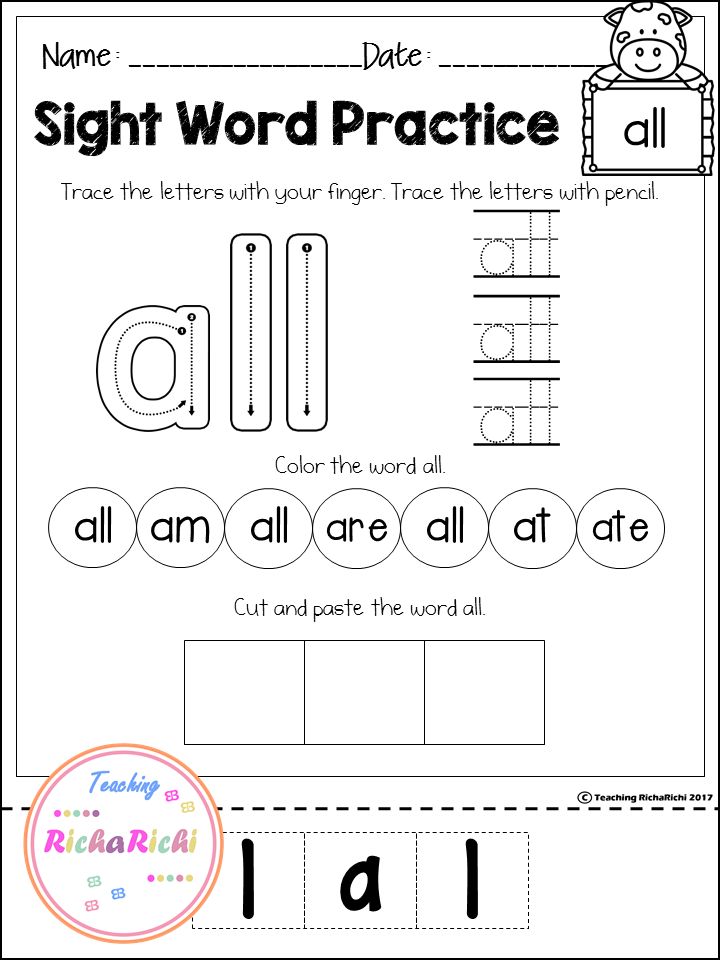
- Use alphabet cookie cutters and playdough to spell out the words.
- Put letters onto a set of legos and BUILD the words.
- Catch: Use a sharpie to write each word from your child's current set on different parts of a beach ball. Toss the ball back and forth, yelling out the words that face up each time.
- Roll the Die: Create a set of die (large size) with a word on each face. Roll and read.
- Memory: create pairs of sight words and play memory.
- Sight Word Detective: look for focus words in your favorite story each night.
Better than flashcards right? Sight words are all about repetition, so it's a lot better to make it fun.
Looking for more school tips?
Check out: // How to Prepare for Kindergarten / Back to School:Tips for Making the First Day Easy//
Do you have more questions about learning to read? Leave them in the comments for me!
teacher to parents
how to quickly learn English words
Have you ever learned a set of new words in English, repeating them several times, listening to the transcription and looking at usage examples, but when you need to remember this word after some time, it does not pop up in head instantly? It seems to be “spinning on the tongue”, but it’s impossible to remember for sure.
Regular vocabulary replenishment and the study of thematic vocabulary is the key to a rich English language. But here's how to make sure that new words are deposited in memory for a long time?
Today we will share the secrets of how to learn and easily memorize English words.
How many words you need to know
Before talking about techniques and techniques for memorization, I would like to say that learning English words and learning English is not the same thing. After all, the language is alive, it uses the rules of grammar, and the translation of the same word may vary depending on the context.
So even if you memorize ten thousand words from the Oxford Dictionary, there will be no sense if you cannot use them in live speech.
Naturally, the standards for word proficiency for a native speaker and for an English as a foreign language learner are very different.
The average active vocabulary of an English speaker, which he regularly uses in everyday life, is from 10,000 to 20,000 words.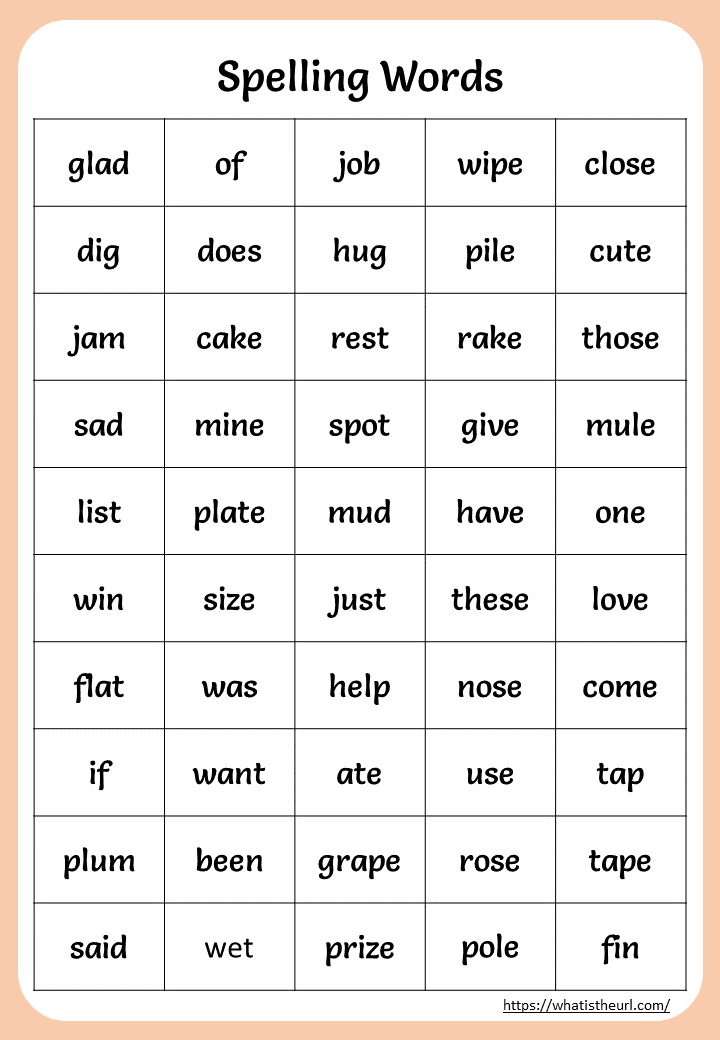 But the passive stock can be from 50,000 to 100,000 words.
But the passive stock can be from 50,000 to 100,000 words.
For those who study English as a foreign language, the numbers are quite different. So, for a general understanding of oral speech and superficial communication, knowledge of about 1000 high-frequency words will be enough. 3,000-4,000 words are enough to keep a conversation going on general topics and watching simple movies and series. But if you want to understand up to 100% of speech, you will need a supply of about 20,000 words.
You can test your vocabulary with a special test: Vocabulary test. His results are pretty accurate, especially if you answered honestly.
The number of words learned does not guarantee that you will communicate freely. It is important to approach vocabulary replenishment wisely: not to cram everything in a row, but to concentrate on the most frequently used words and thematic vocabulary.
Start with basic topics such as family, home, work, city, weather, animals, food, travel, and so on.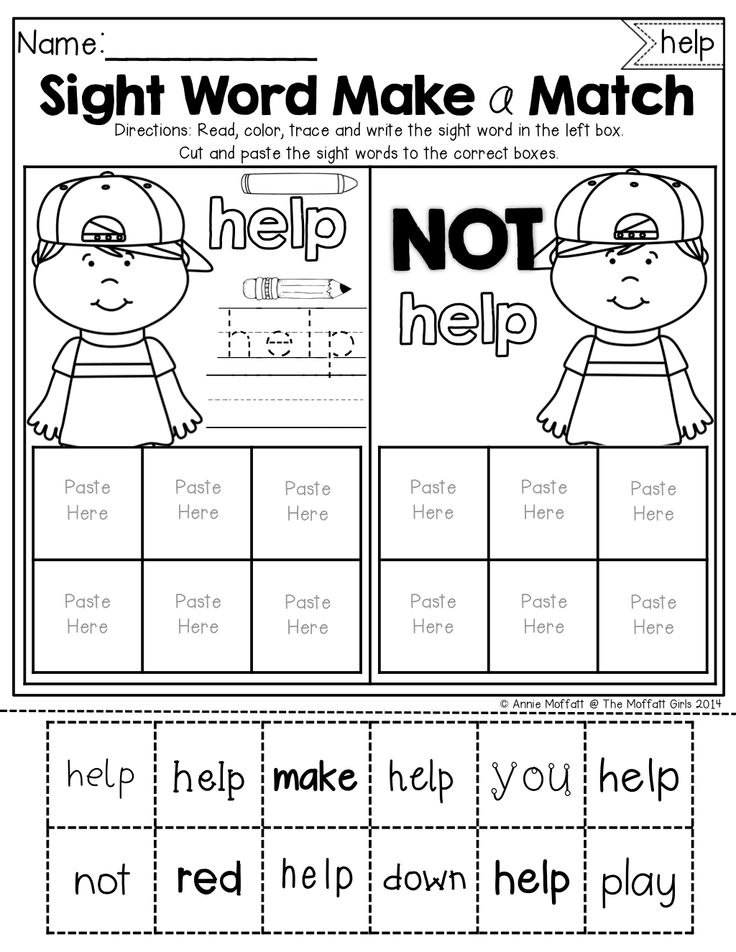
The most frequently used words in English are called high frequency. You can take new vocabulary from ready-made lists of such words - then you will quickly master colloquial speech and be able to start applying new knowledge as early as possible.
Learning all the available sets of words is simply pointless. It is unlikely that you will need advanced medical terminology, unless you are going to build a career in the field of medicine. Similarly, if you need special words on a narrow topic, learn them. It is not necessary to know by heart all the terms and special vocabulary if you do not apply it in life.
Where to get new English words
The main source is thematic vocabulary. On the Internet and in teaching aids, you will find enough sets of words for different levels.
There are also special textbooks for increasing vocabulary and dictionaries of the most high-frequency words.
Progress does not stand still: many new words and slang expressions have appeared recently, and some have fallen into disuse.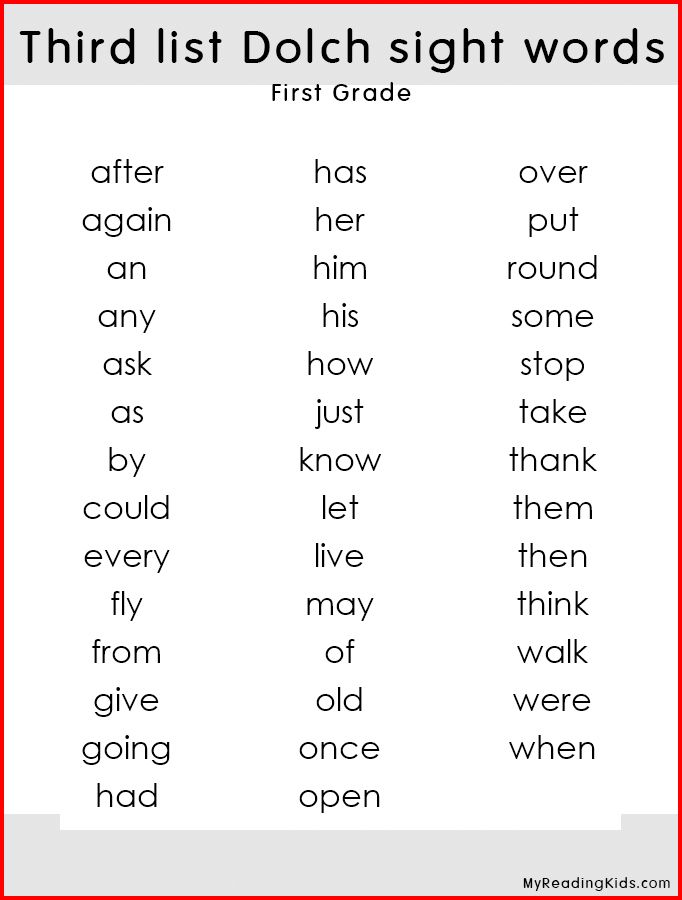 Keep your finger on the pulse and write down new words as you encounter them in TV series, movies, articles, podcasts and the media.
Keep your finger on the pulse and write down new words as you encounter them in TV series, movies, articles, podcasts and the media.
By the way, movies, series, articles and books are a great source of new words. Regular viewing of videos with subtitles is good because unfamiliar words are used in an interesting context for you, which means they are remembered faster. The same rule applies to printed materials: find articles on the topic of your profession or area of interest, and also read your favorite books in the original.
How to quickly learn and remember English words
Flashcards
The method of memorizing new words using cards has been used for a long time, but it does not lose its relevance. It is convenient and accessible to everyone. The meaning is simple: on one side of the card you write the word in English, and on the other side you write the translation. You can make cards yourself with only the vocabulary that you need, or use ready-made thematic sets.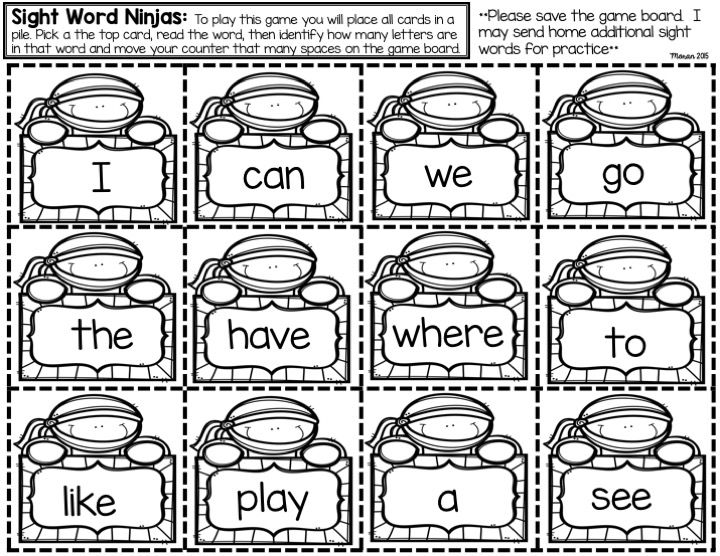
For best effect, choose cards with pictures. Visually, we remember information much easier, and in the future, the word will quickly come to mind if you just remember the picture.
Today, instead of ordinary paper cards, there are many mobile applications and web-based memorization simulators. It is enough to download the application to your smartphone. So the necessary virtual cards will always be at hand. The application itself will remind you which words you have already learned and which are worth looking at again, and will offer material for repetition.
Notepad
The good old way that is still popular. Write down new words in special notebooks in two columns: word-translation.
The trick is that when you write, you remember not only the translation of a word, but also its correct spelling. Write down frequently used phrases with this word or set expressions here. In the future, with repetition, these phrases will be deposited in your head and will be easily remembered as soon as you imagine the word written in the notebook.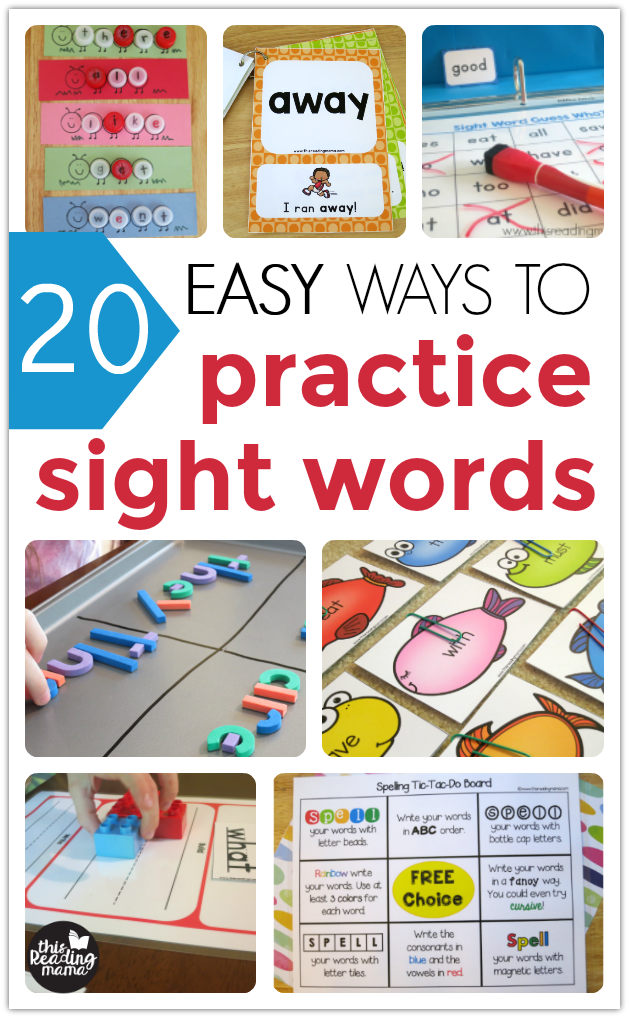
Mindmap
This method is suitable for those who love diagrams and drawing.
Highlight a few words on the subject. For example, house (house). Draw it in the center and make arrows to related words (in our case, rooms in the house). In different parts of the sheet, write: bathroom (bathroom), living room (living room), bedroom (bedroom), dining room (dining room). After, for each of the rooms, write a few words that apply to it. For example, bed (bed), pillow (pillow), sheets (sheets) - to the bedroom, and shower (shower), towel (towel), mirror (mirror) - to the bathroom.
Mentally following this visual pattern, it will be easier for you to remember the words that belong to a particular category.
Rules for memorizing new words easily
Here are some useful tips and principles for those who want to quickly learn English words and not forget anything in a day.
Explore interesting topics
After learning the basic set of words, it is often tempting to learn something "that" in order to shine in a conversation with a foreigner.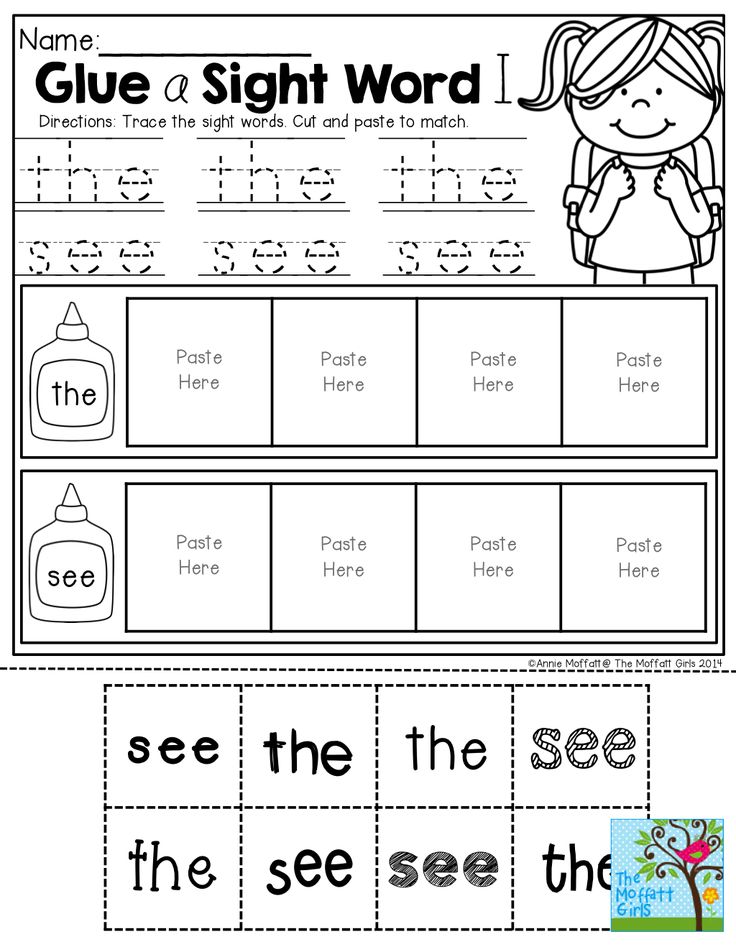 Yes, there are beautiful words, the use of which in speech can amaze the interlocutor. But, say, why do you need to know the word "lightning" in English if you do not know the word "speed"?
Yes, there are beautiful words, the use of which in speech can amaze the interlocutor. But, say, why do you need to know the word "lightning" in English if you do not know the word "speed"?
It has been proven that interesting information is better absorbed and remembered much faster. Therefore, learn those words that are in your area of \u200b\u200binterest. Everyone needs a solid vocabulary base, but each of us has our own passions and hobbies, so collect more information on your favorite topic. Do you like sports? Then watch matches, listen to commentators and read articles on this topic. Do you like to photograph nature and travel? Then subscribe to popular bloggers or watch the National Geographic series of programs. Look for new interesting words where they are used.
Don't waste time memorizing those words that you rarely use even in your native language.
Learn words in context
It's not enough just to learn a new word - you also need to be able to apply it.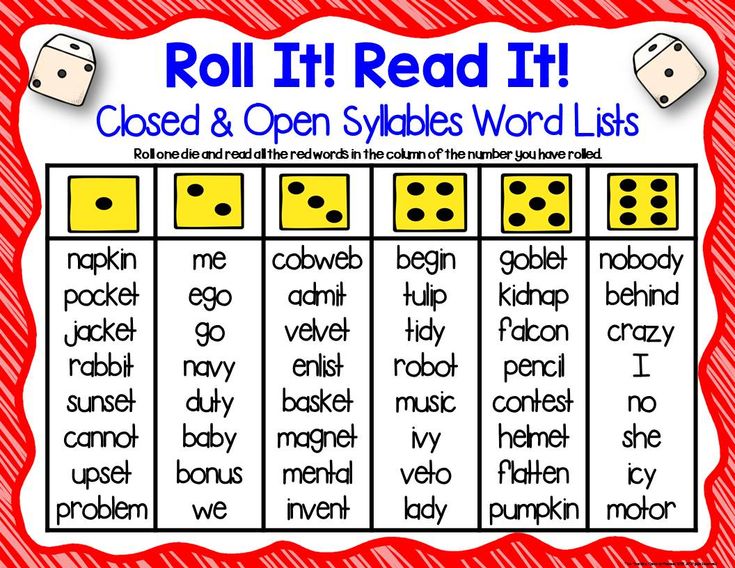 Therefore, immediately look at the examples where it was used, in what context, for what purpose, and so on. Try to make up your sample sentences with a new word and find its use in speech. Imagine when and how you might need to use this word: come up with a situation and play it several times.
Therefore, immediately look at the examples where it was used, in what context, for what purpose, and so on. Try to make up your sample sentences with a new word and find its use in speech. Imagine when and how you might need to use this word: come up with a situation and play it several times.
The golden rule here is to learn to ignore the words you don't need. When learning new vocabulary, there is a great temptation to learn it “in a crowd”, and this is not quite the right approach. When you encounter a new word, look through all the options for its use, but remember only the most frequently used ones.
Learn set phrases
Many beginners to learn English make the same mistake: first they build a sentence in Russian in their head, and then translate it. But the norms of our languages are very different, and a foreigner may simply not understand what you mean.
Therefore, along with new words, memorize common collocations and their use in speech. So, “take a photo” in English will be “take a picture”, and not “do a photo”, as many would translate, and “break a record” - “break a record”, and not “beat a record”.
So, “take a photo” in English will be “take a picture”, and not “do a photo”, as many would translate, and “break a record” - “break a record”, and not “beat a record”.
Remember opposites
Opposites not only attract, but are also better remembered. This technique is good to use when memorizing adjectives. For example, it is better to learn words in pairs along with antonyms: good-bad (good-bad), big-small (big-small), happy-angry (happy-evil) and so on.
Thanks to this technique, you will be able to remember not only the desired word, but also its antonym, which will immediately pop up in your memory.
Understand difficult words
Many foreign words consist of several simpler ones. Having met a compound word, take it apart and see how they are translated separately. This will help you build associative links and make it easier to remember the word.
For example, the word microbiology (microbiology) consists of two words - micro (small) and biology (biology).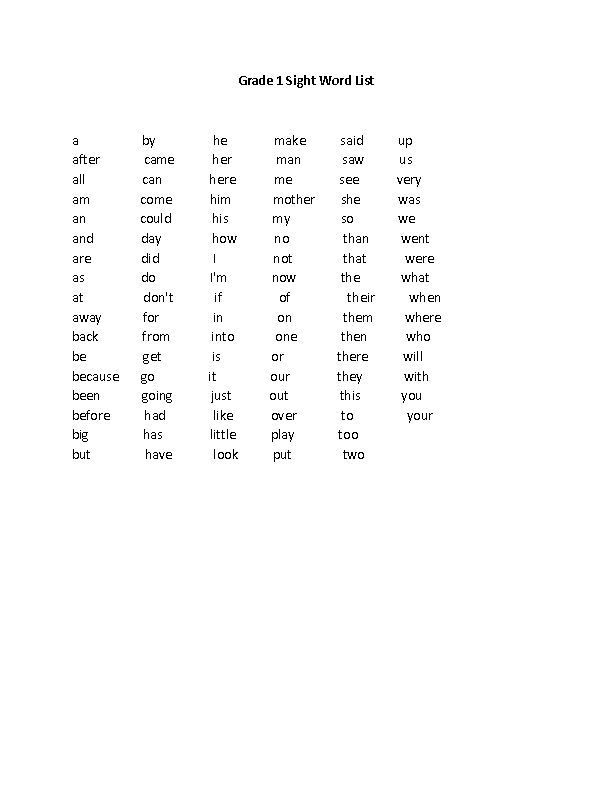 It turns out that having analyzed this word, you will learn not one, but three new concepts at once.
It turns out that having analyzed this word, you will learn not one, but three new concepts at once.
You can often guess by analogy how similar words will sound in English. To do this, make a list of common prefixes (un-, dis-, con-, micro-, etc.) and suffixes (-able, -ly, -ent, -tion, -ive, etc.) and remember what they mean. In the future, when you meet a new word, you can easily guess its meaning.
Don't forget grammar
As soon as you come across a new word, you need not only to parse it thoroughly, but also to learn the grammatical rules that correspond to it. So, a new word may be just a different form of a word you already know.
Also, learn more verbs and memorize their situational use. For example, having learned the forms of irregular verbs according to the table of tenses, you will no longer know one word, but three.
Use associations
Associative memory is a good thing. It helps to “pull out” the right word from the bins of consciousness without much difficulty.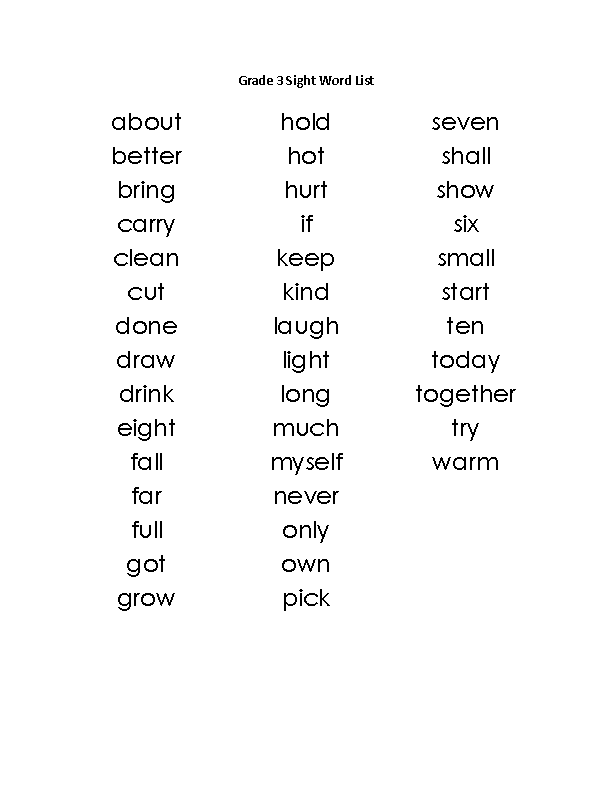 Therefore, when studying, it is good to use flashcards with pictures.
Therefore, when studying, it is good to use flashcards with pictures.
This is especially important for abstract concepts, which are abundant in the language. If you learn words without pictures, imagine them in your head. You can mentally draw a word in the air, give it a color or some form.
By the way, the funnier the association, the faster the new word will be remembered. For example, the word clever is translated from English as “smart”, and in Russian it sounds like the name of a clover plant. Building a sentence: You’re so clever! (You are so smart!), and for a funny association in Russian, imagine it as “Well, you are a clover!”.
You can even make up a funny story or phrase with a new word. Choose the most unexpected combinations, and you will be surprised how easy they are to remember.
Use new words in speech
As Benjamin Franklin said, “Tell me and I forget. Teach me and I remember. Involve me and I learn ”(Tell me - and I will forget.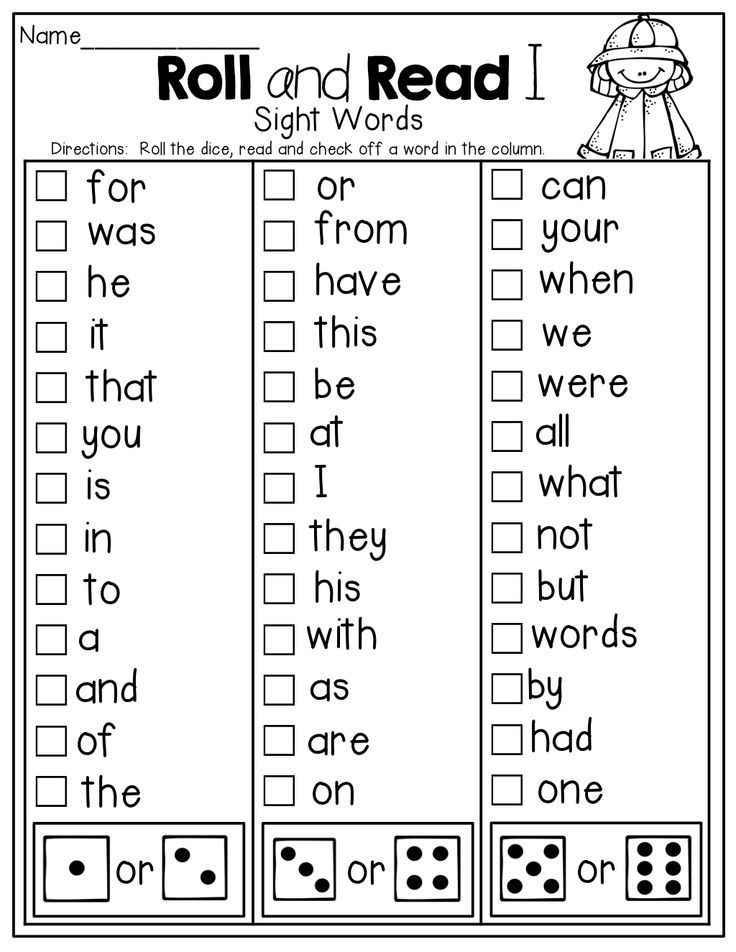 Teach me - and I will remember. Involve me - and I will learn).
Teach me - and I will remember. Involve me - and I will learn).
One of the surest ways to quickly remember a new word is to find its use in everyday speech. If you attend courses or study with a teacher individually, use the words you just learned as often as possible. Specially build sentences with new words and do not forget about spelling: use the studied vocabulary in written English.
Make it fun
Above we have already talked about mobile applications and games for memorizing new words. Install this on your smartphone, make a selection of words that interest you and complete tasks regularly. These can be quick games with cards with translation in both directions, composing phrases with words, and so on.
Programs will help you identify words that are especially difficult for you and will focus on learning them.
Don't forget about funny songs or rhymes to remember. Basically, they are used in children's education, but sometimes they help adults.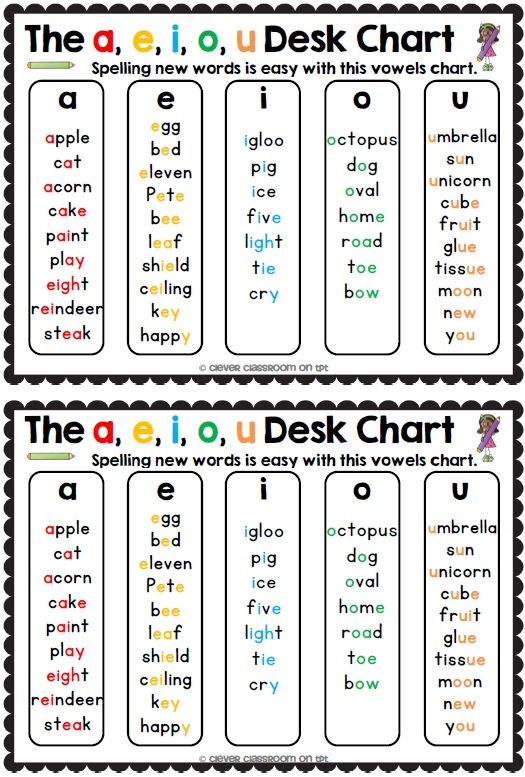 In addition, you can always come up with your own funny rhyme to the word, which activates associative memory.
In addition, you can always come up with your own funny rhyme to the word, which activates associative memory.
Consider your type of perception of information
The same methods of memorizing new English words are not equally suitable for everyone. Choose an approach depending on your type of perception. There are three of them: auditory, visual and kinesthetic.
Audiobooks, music or podcasts are suitable for the audience. In order to memorize new words, auditory learners need to read them aloud, repeat and analyze them several times.
Visuals are best suited for the card method, as well as other pictures, tables, and visual aids. They are better off watching movies and series with subtitles, and also follow the accompanying text when listening to podcasts.
It is easier for kinesthetic learners to memorize new words by writing them on paper. Active gestures come to the aid of this type: imagine a situation when you use a new word and repeat the accompanying hand gestures.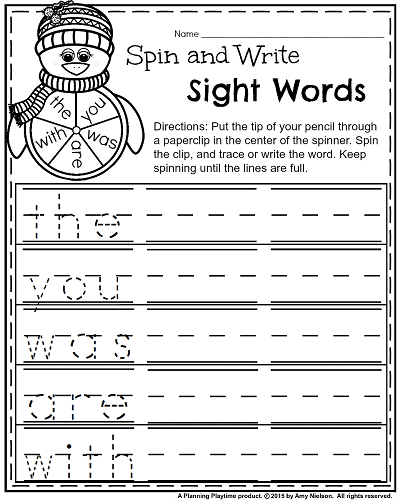 For example, remembering the word cup (cup) - pretend that you pick up a cup and pour tea into it. Later, the reproduction of these gestures will help to remember the situation and the word itself.
For example, remembering the word cup (cup) - pretend that you pick up a cup and pour tea into it. Later, the reproduction of these gestures will help to remember the situation and the word itself.
Whatever type of perception you have, during memorization and repetition, try to fully concentrate on the word being studied. This means that at the time of its repetition, you must clearly imagine it in your head, how it sounds and what it means. If you begin to repeat the learned words mechanically, then the likelihood that they will be deposited in memory for a long time is noticeably reduced.
Spaced repetition technique
In order for a new word to forever be stuck in the head, it is important not so much how to repeat it, but when to repeat it. It's best to do this when you feel like you're about to forget a new word.
Effective memorization and timing of repetition of new information was developed by the German psychologist Hermann Ebbinghaus.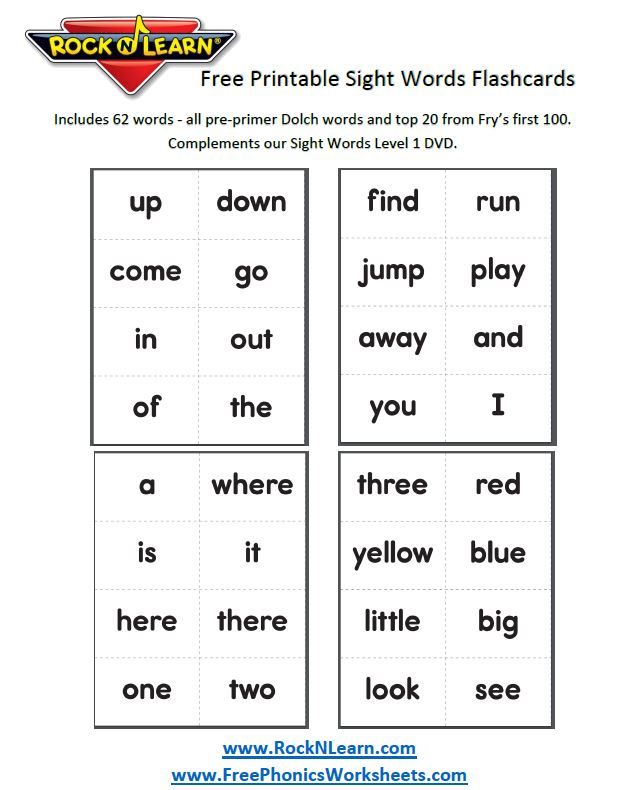 According to his research, you need to repeat a new word at least 9 times in order to remember it. And it's better to do it like this:
According to his research, you need to repeat a new word at least 9 times in order to remember it. And it's better to do it like this:
- 15 minutes after familiarization
- One hour after last repeat
- Three hours after last repeat
- Next day
- Two days after last repeat
- Four days after last repeat
- One week after the last repetition
- Two weeks after last recurrence
- One month after last repeat
When repeating new words, it is also important to use them in context: to form a phrase or phrase with them.
In conclusion, let us briefly repeat the main points that are necessary for easy and quick memorization of new English words:
- Learn only the necessary and useful words.
These are basic sets of high-frequency words and vocabulary from your area of interest. Don't forget about verbs, set phrases and colloquial phrases.
- Learn words in context
If you found a new word in an article, song, film, memorize it right away with the context.
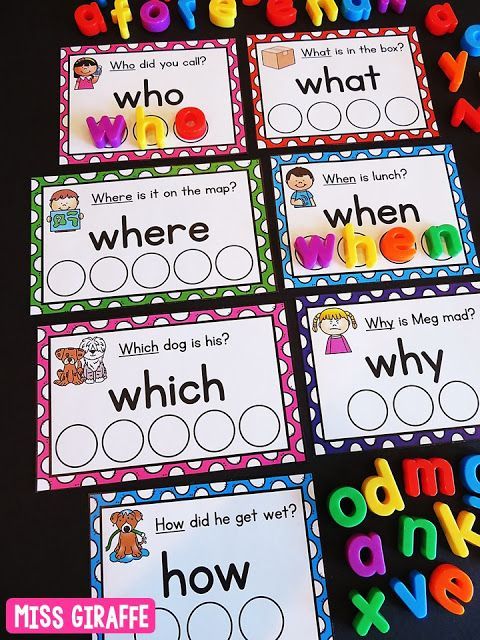 If you learn a “lonely” word, then come up with a context for it yourself. Do not try to learn all the meanings of a multi-valued word, take into service only the most used ones. And again, don't forget about context.
If you learn a “lonely” word, then come up with a context for it yourself. Do not try to learn all the meanings of a multi-valued word, take into service only the most used ones. And again, don't forget about context. - Use the word in conversation
If there is no opportunity for conversational practice yet, come up with your own examples and situations when it would be useful for you to use this word. For effective memorization, it is desirable to meet the word in 7-9different situations.
- Use vivid associations
It doesn't matter what association comes to your mind when you meet a new word. The main thing is that it should be bright and memorable. And also to match your type of thinking and “work” for you.
- Memorize words using the interval method
It is better to repeat the learned words after a certain period of time than to cram every day: in this way the word will be deposited in long-term memory and will easily “pop up” in the right situation.

By memorizing 10 new words a day, in a month you will expand your vocabulary by 300 words, and by the end of the year - by more than 3000 words. This is enough to confidently speak English in everyday life.
7 effective ways to memorize words in English
When learning a foreign language, it is very important to constantly replenish your vocabulary - to learn new and new words. However, not everyone succeeds in doing this. We offer eleven tips to help you memorize new words in English more effectively.
You can start with a video from Tanya Starikova in which she shares how she manages to learn English words: thoughts. Therefore, each word is valuable not in itself, but in the context.
Don't learn English words in a vacuum. If you come across an unfamiliar word and decide to remember it, write down the context in which it was used. For example, the English word ajar (ajar) is easier to learn as part of the phrase “the windows were ajar” (“the windows were ajar”) than separately.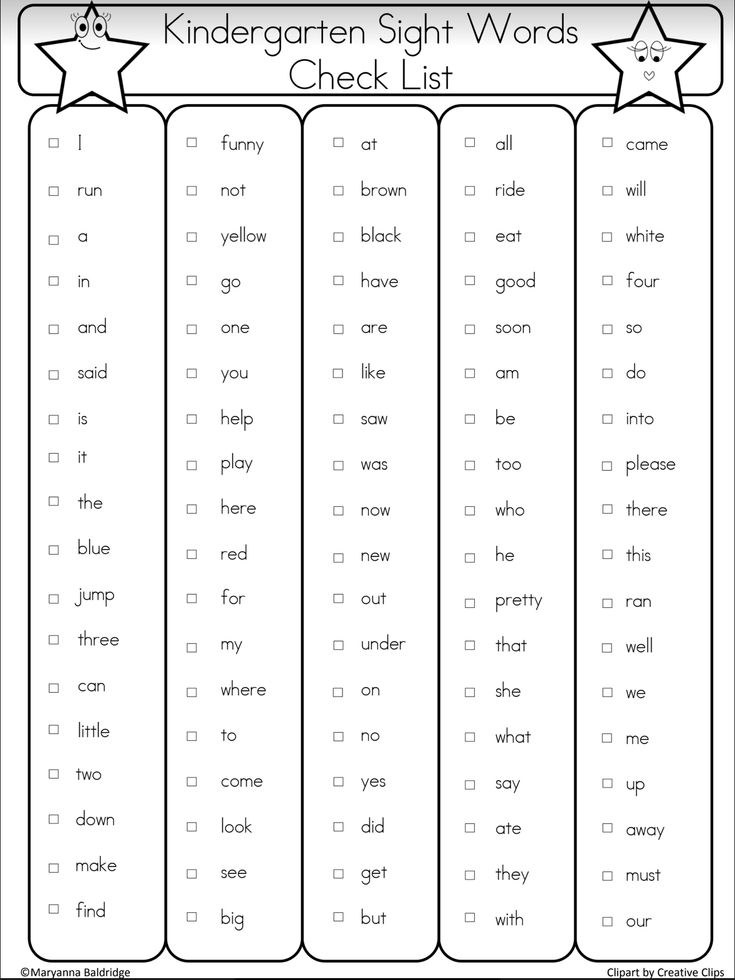
You can find ready-made examples of the use of the English word you are interested in in online services such as Reverso, PlayPhrase or Yandex.Translate. Also, practice making sentences with new words on your own. For example, you need to remember the verb to prefer (prefer). Make up some examples that will reveal the meaning of this verb.
| Would you prefer wine or beer? | Do you prefer wine or beer? |
| I prefer to be called by my first name. | I prefer to be called by my first name. |
| My grandmother prefers detectives to any other TV shows. | My grandmother prefers detectives to any other series. |
Promo code for English lessons at Skyeng
Get your promo code and get up to 3 English lessons at our school as a gift
Use pictures
Draw little English words to remember the meaning of pictures. It’s not scary if you can’t draw: our brain receives so much monotonous information that a strange picture is a kind of surprise, and we always remember surprises.
If you don't feel like drawing on your own, choose a ready-made illustration for a new word on Google. It is better if the image is bright, strange or funny - this way it will be remembered more reliably.
You can collect word + image pairs in electronic form, but better - in the form of paper cards. To test yourself, look at the side with the picture and try to remember what English word it stands for.
Look up synonyms and antonyms
If you already have a basic vocabulary, practice finding synonyms and antonyms for new English words.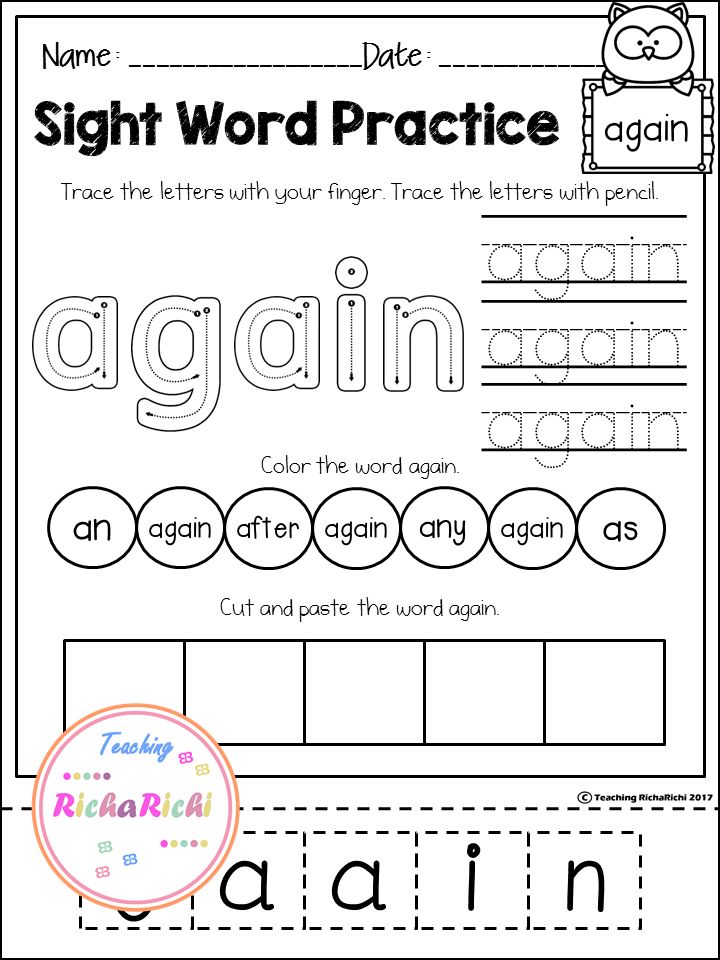 This will not only help them learn, but also come in handy in communication: if you do forget a word, you can easily find a replacement for it.
This will not only help them learn, but also come in handy in communication: if you do forget a word, you can easily find a replacement for it.
For example, you need to learn the word irreverent (irreverent, disrespectful), and you already know the word with the same meaning disrespectful . It remains to pick up antonyms: "respectful" - "respectful" and "polite" - "polite". In conjunction with synonyms and antonyms, a new English word will be easier to remember.
Memorize single-root words
Let's take the English root -respect- , which we have already considered in the previous example. Noun respect means respect. Now let's look in the dictionary for other words formed from the same root:
| respectful | respectful |
| to respect | respect |
| respectable | solid, respectable |
| disrespect | disrespect |
| in respect of | vs. |
Thus, instead of one word, you learned several at once, and their meanings are interconnected, which will help to learn them.
Make up stories
To learn several unrelated words at once, combine them into a story. Memorizing a short story is easier than a bunch of random words because the story has a plot and can be recreated in the imagination.
Let's fantasize and make up a story with five random English words:
| pond | pond |
| coat | coat |
| loaf | loaf |
| to approach | approach |
| fireplace | fireplace |
From these words we got the following story:
| A boy walked to the pond . | A boy came up to the pond. He was wearing a gray coat and hat. The boy was carrying a loaf of bread. He was going to feed the ducks. But when he approached the pond, he did not see a single duck there. “It’s cold today,” the boy thought, “the ducks are probably at home, warming their paws by the fireplace. |
It's not scary if the story comes out strange or even absurd, because the unusual is remembered better.
Make associative networks
Our brain takes what we read and converts it into images, ideas and feelings, and then forms connections between new information and what we already know. This is how memorization happens - the new unites with the old. When you connect a new English word with something you already know, it's easier for your brain to find it and remember it at the right moment.
Draw a network of concepts. Take what you want to remember (word, idea, sentence) and write it in the center of the paper. Then draw lines from it in all directions, like a web.
At the end of each line, write down any English words or pictures that come to mind when you think of the word in the center. It doesn't matter what the associations are, just write down whatever you come up with.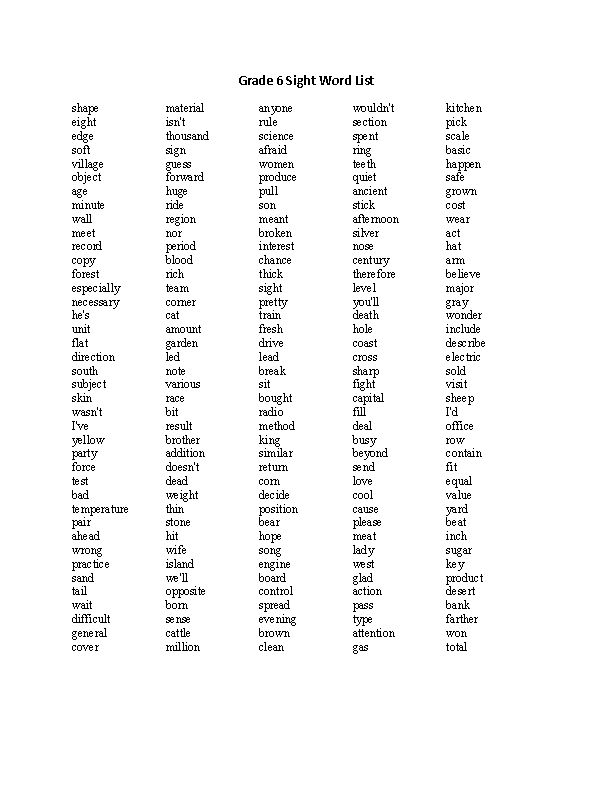
It will only take a couple of minutes, and now all the words or concepts will be interconnected in your brain. If you see or hear one of them, it will be easier for you to remember the others.
Use mnemonic tricks
Sometimes you can't remember a new English word, and none of the above methods helps. Then mnemonics will come to the rescue - a way of remembering through associations.
Let's say you have trouble learning the English word " eagle ". You can use a mnemonic hint with a consonant Russian word: “Eagle’s claws are ten needles ”.
To remember word tire (tire), you can mentally associate it with the consonant English word tired (tired): “Dad is tired, he’s been pumping up the tires” (“Dad is tired because he pumped up tires”).
You shouldn't get carried away with this method, but it helps a lot to learn tricky words that you can't remember otherwise.
Parse word by composition
Before looking up the translation of an English word in the dictionary, try to parse it by composition and determine the meaning yourself. For example, you came across the verb to mistreat . You don't know what it means, but you know the verb to treat - "treat, treat". It remains to find out the meaning of the prefix mis- . You may have encountered it in words such as to misbehave (behave badly) or to misunderstand (misunderstand). So the prefix mis- means something bad or wrong. Indeed, the verb to mistreat is translated from English into Russian as "to mistreat".
Indeed, the verb to mistreat is translated from English into Russian as "to mistreat".
If you make a list of common prefixes ( un-, dis-, re-, de- etc.) and suffixes ( -able, -ly, -ent, -tion, -ive etc. etc.) and remember what they mean, it will be easier for you to guess the meaning of new words for you in English.
Look for something interesting in a boring one
It happens that some topic is very difficult to come by, because it is not interesting for you personally. For example, you are studying the topic “Cars”, but you don’t drive a car yourself, and this area is completely alien to you. And it is not clear why to learn words that you are not going to use in life. To spark interest in a boring topic, connect it to something that is more interesting or useful to you personally.
For example, car images and metaphors are often found in the songs of foreign artists - you can easily find lyrics in English with the words steering wheel (“steering wheel”), highway (road, highway) or lane (strip).
Or look for English idioms that use the words you want. Here are some automotive-themed ones:
- Stay in your lane. - Mind your own business (literally: stay in your lane).
- Down the road. - In the future (literally: further down the road).
- U-Turn. - A sharp change of opinion (literally: a reversal).
- To put the brakes on. - Slow down (literally: slow down).
These idioms will come in handy in conversational speech, even if you never intend to drive. And now boring words will have more figurative associations that will help them learn.
Refresh knowledge periodically
Probably, this happened to you at school: you learned a dozen new English words, did your homework, wrote a dictation… And after a month everyone forgot.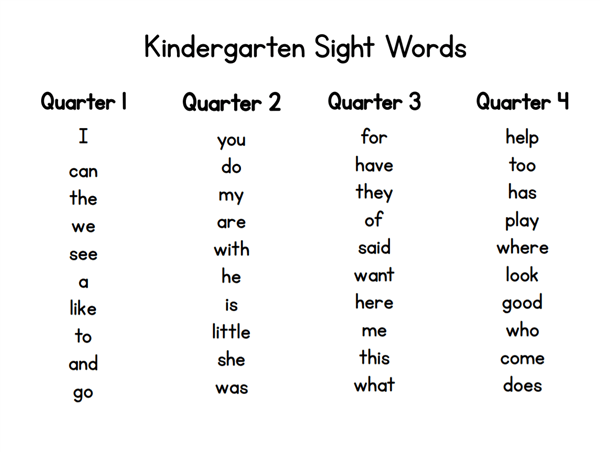 This happens because new vocabulary needs to be periodically repeated and refreshed in memory. There is even a recommended schedule for repeating English words, based on the works of the German psychologist Hermann Ebbinghaus:
This happens because new vocabulary needs to be periodically repeated and refreshed in memory. There is even a recommended schedule for repeating English words, based on the works of the German psychologist Hermann Ebbinghaus:
- Use a new word as soon as you learn it;
- Use the word again after 20-30 minutes;
- Repeat the word every other day;
- Return to a new word after 2–3 weeks;
- Repeat the word in 2–3 months;
- Fix the word after 2-3 years.
It is on this method of memorization that the application for learning new English words Aword is based. In order not to think about how many weeks and months have passed since meeting a new word, install the application and it will monitor the repetition schedule for you. By the way, Aword also uses other techniques for memorizing words listed in this article: images with associations and mnemonic phrases.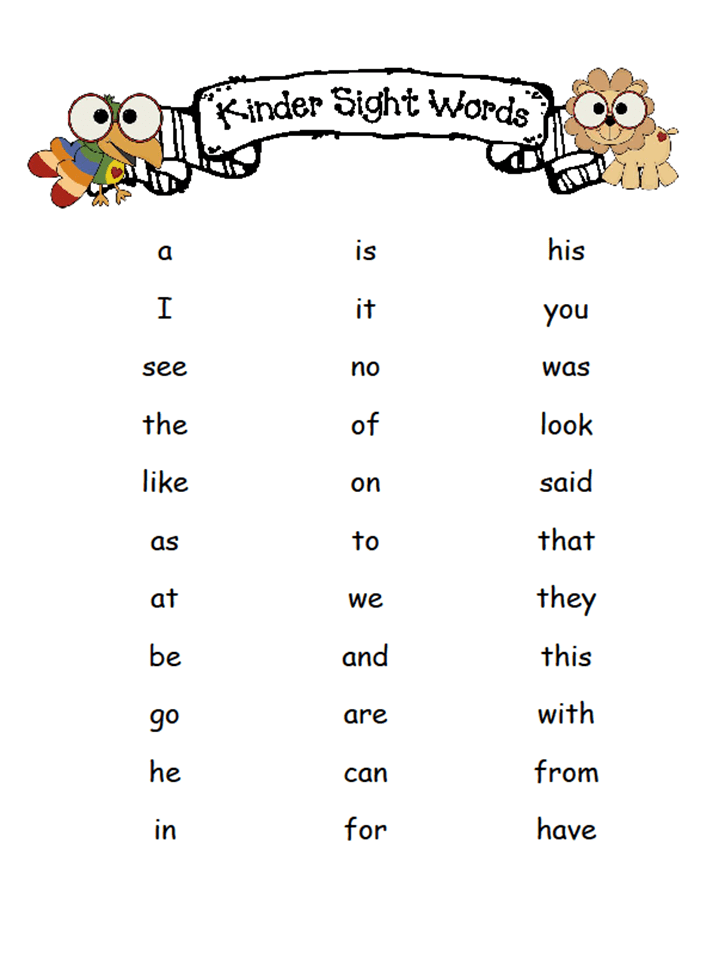
Make sure that the word is useful to you
Knowledge that we do not use is sooner or later forgotten, as happened with poems and theorems that we learned at school. Therefore, do not waste time memorizing rare, little-used words. This is especially important for those who are just starting to learn English. Before you draw flashcards and add a word to the spaced repetition list, make sure you need to know it at all.
There is a list of 3000 words, which is enough to understand most of the texts written in English. Of course, during your studies you will still learn much more, but at first you should check the list so that you don’t spend time memorizing rare English words and forget about the most important ones. For convenience, such words are marked with a special icon in the Aword application.
You can read more about the "golden list" of English words and how to apply it in your studies in our magazine.
Let's sum it up
We have analyzed 11 ways to effectively memorize new English words - it remains only to put them into practice and choose the ones that suit you.
- Learn not individual words, but phrases and sentences with them.
- Draw association pictures for new words.
- Choose synonyms and antonyms for the word you want to remember.
- Instead of one English word, learn several cognates at once.
- Make up short stories with new words.
- Make associative maps with English vocabulary.
- Use mnemonic technique: consonant Russian or English words.
- Parse words by composition and memorize the meanings of popular English prefixes and suffixes.
- Link new words to things that interest you personally, such as useful idioms or English song lyrics.
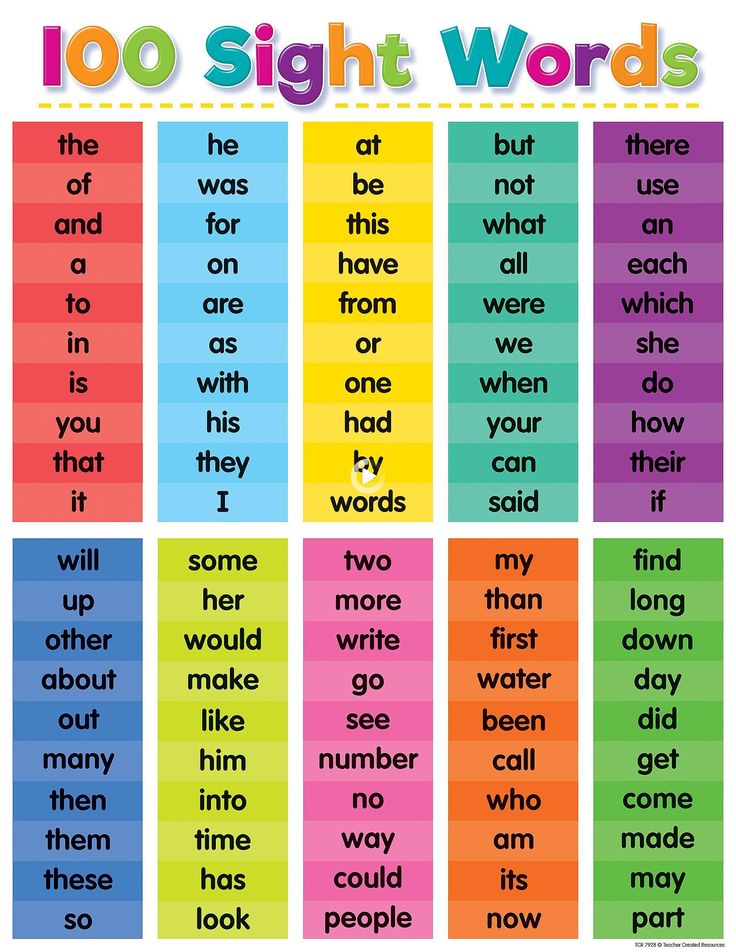
Learn more


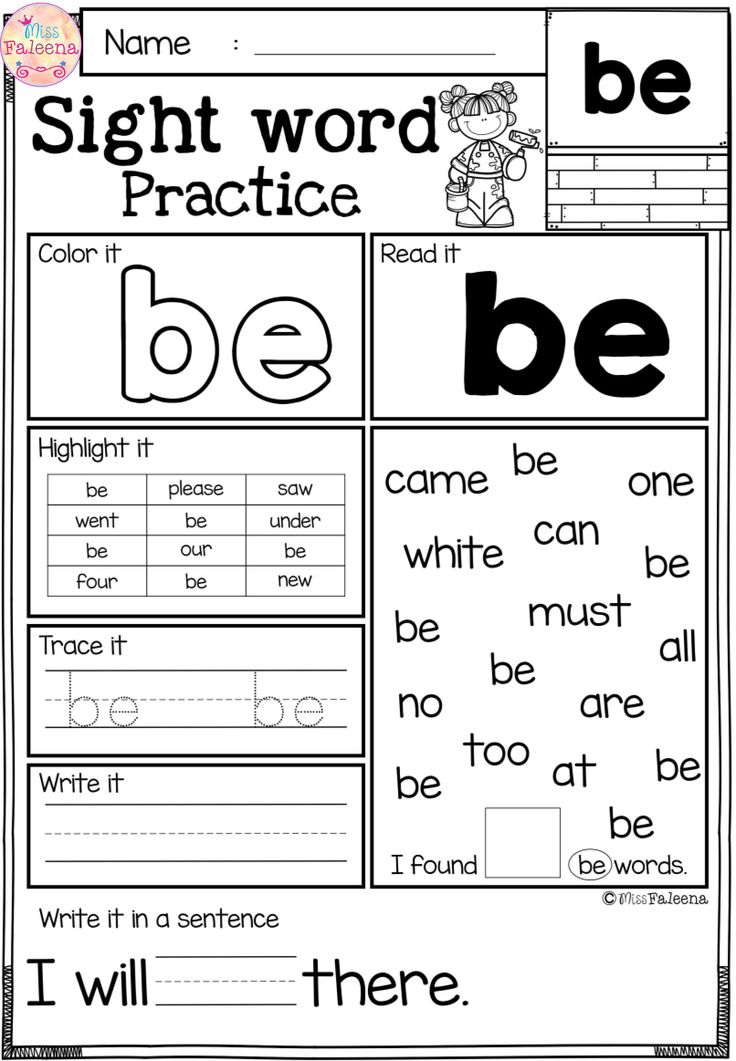
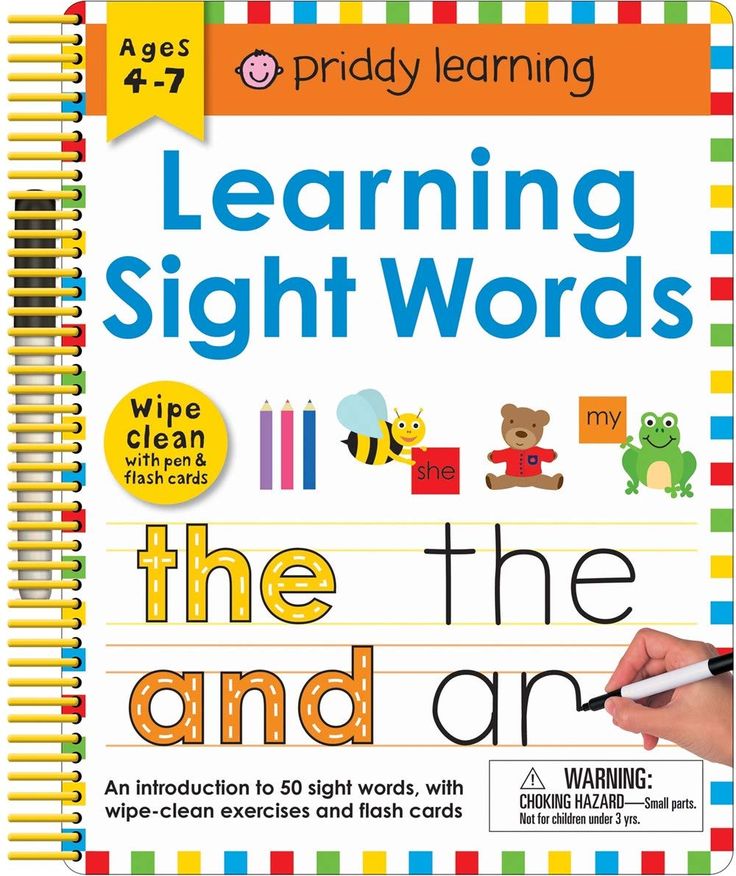 He was dressed in a gray coat and a hat. The boy was carrying a loaf of bread. He was going to feed the ducks. But as he approached the pond , he saw no ducks there. "It's chilly today", the boy thought, "the ducks must be at home, warming their feet at the fireplace ".
He was dressed in a gray coat and a hat. The boy was carrying a loaf of bread. He was going to feed the ducks. But as he approached the pond , he saw no ducks there. "It's chilly today", the boy thought, "the ducks must be at home, warming their feet at the fireplace ". 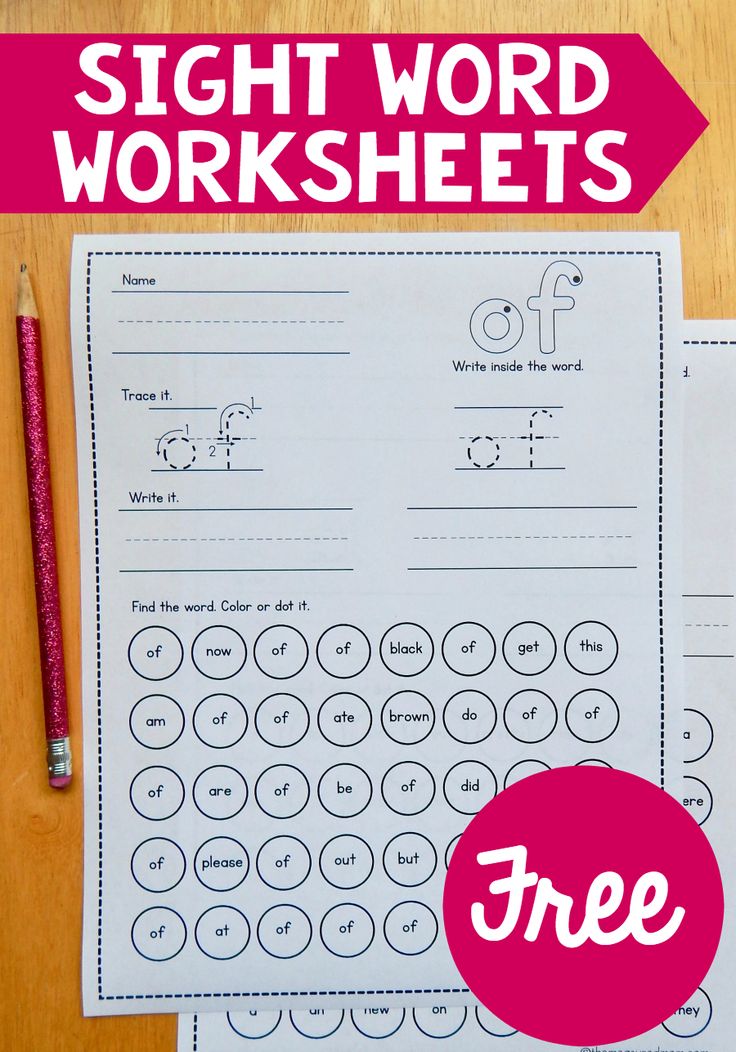 ”
” 